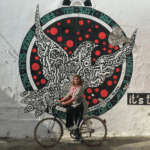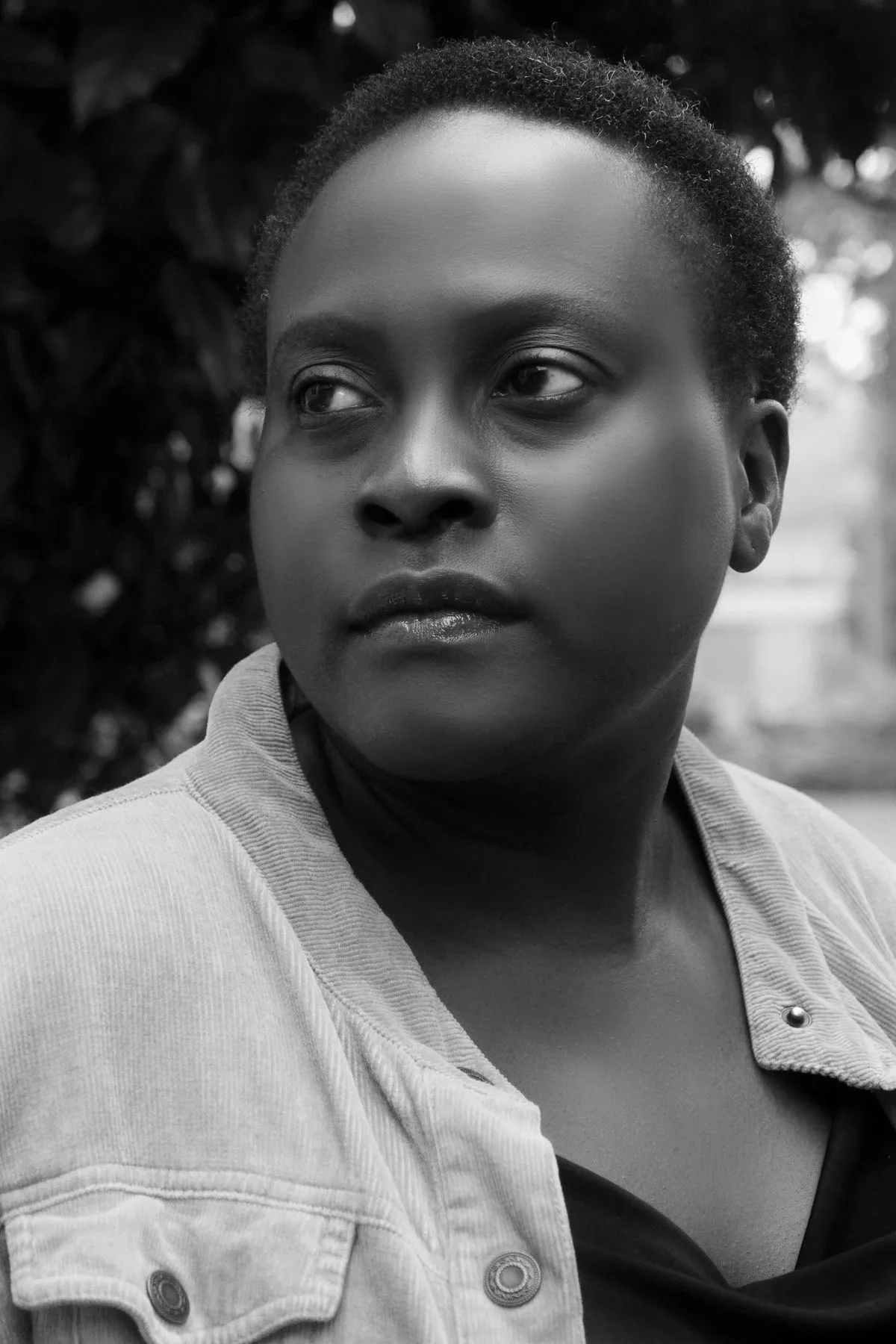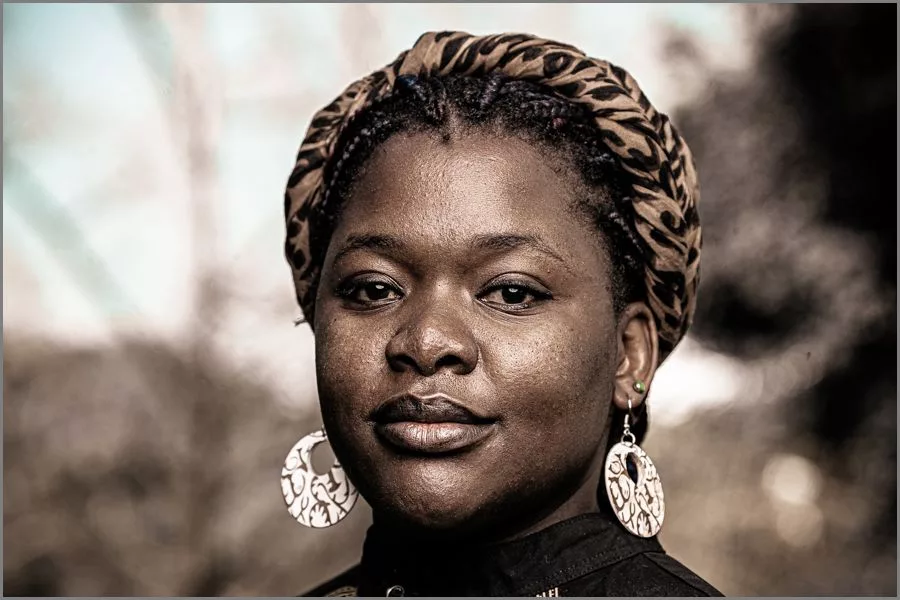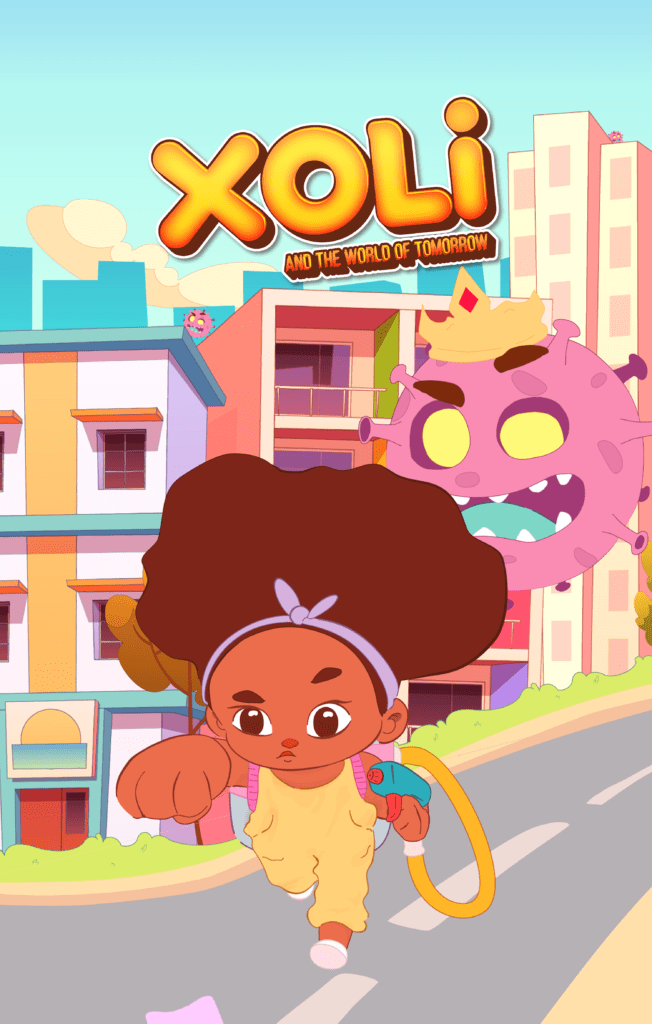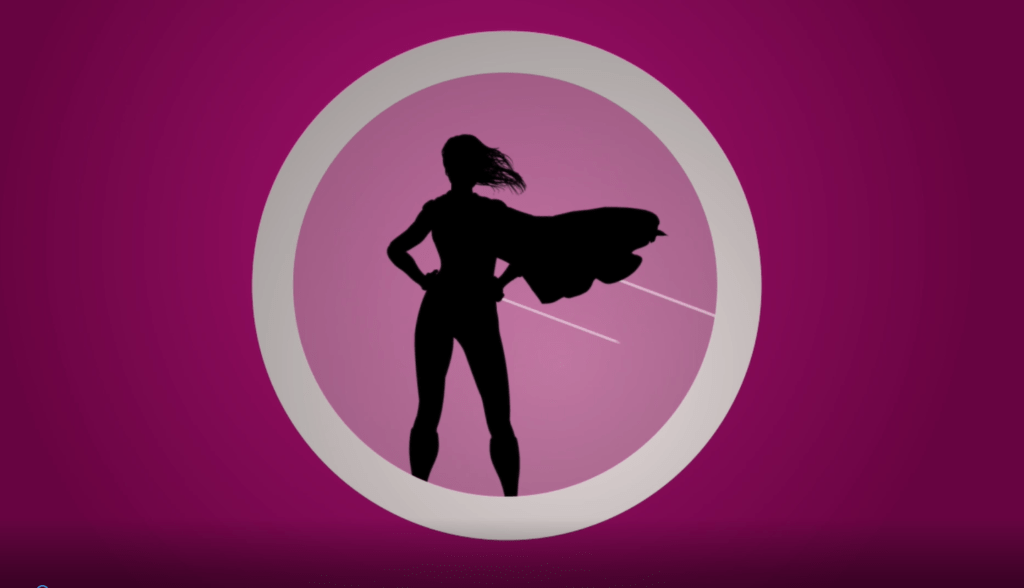A few words about your artistic career
I'm a writer, occasional photographer, traveller and seeker of meaning. My work has taken me around the world; through newspapers, story anthologies, festival curation, leather goods, collaborative design. I've worked with many writers / film and culture festivals. Artistic expression exists in my world through many modalities, but writing and therapeutic creativity are the most important.
How long have you been an artist?
I've been writing and creating for most of my life, but in a more professional capacity, for the last 30 years.
Why did you apply for this scholarship? How will the scholarship support you?
I want to explore in depth my intersecting interests of creativity, intuition and collective creation. Artists embody, often uncomfortably, truths, direction and boldness.
I have moved between creativity, blockages, panic and liberation through the therapeutic process. This grant will enable me to continue my research with the help of a little science.
What are your concrete artistic objectives after this residency?
I hope to develop and extend this experience and travel further down the path of therapeutic creativity and brain play, as a means of accessing internal and external visions for the future.
What did you achieve during this creative residency? What is the result (work created)? Who was involved in the creative process?
I worked in a number of ways to make a short film exploring how artists, who operate in the right brain, might view the pandemic and offer lessons and ideas to take us into the future. To do this, I interviewed 7 different people (and used 6 of the interviews), worked on part of a collage myself, wrote the short script for the film and learnt how to edit digitally. The result is a 9-minute piece of film and a fairly large collage measuring 2m x 2.5m.
How do you think these activities help us to think about the world today, in relation to the COVID-19 crisis, and/or about building for the future?
The whole structure looked at how the stopping of COVID-19 had affected lives, especially personally, but also in a more general context. In having this time to reflect, what struck me in the interviews was how almost all of the seniors used this time to return to more traditional activities, and used their art, or other very grounded activities (gardening, family time), to help formulate a very direct change in perspective and action. Confinement, in particular, has changed people and the way they behave. Most striking was Ade Adekola's shift to a more non-transactional mode of interaction, but a gentle kindness was evident. Only the youngest interviewees were more vehement and angry about the mess they had inherited and the expectation that it was up to them to mobilise to fix it. There is a palpable sense of overwhelm in the discussions with the younger members (although I only used one interview, the other never having been sent out due to its collage layout).
I was surprised by the level of activity that this period generated, and how much these experiences resonated with my own. The use of creativity (with the artists I interviewed, but also with myself in the making of this project), as a tool for healing and artistic escape was obvious. I felt that it fulfilled my intuition that creators of all kinds are needed to show the way (and also that they were the retreat for millions of shut-ins who (re)turn to books, music, films to fill their days).
How did you feel during the residency? And afterwards?
At first I felt I'd been far too ambitious, especially as I didn't know how to edit, and the whole idea was conceived from online interviews that needed editing. I adopted the "longest journey begins with the first step" approach and started with my strengths - first a list of right-brain questions (discarded by the third interview), then a scouting of potential interviewees for the project. I often went back to collage for calm and perspective. And I kept interviewing, waiting for some sort of story to emerge from the process. Not knowing was hard enough. Having faith that something coherent would emerge was the biggest challenge.
Another difficulty was editing. I bought some software and started watching videos on Youtube to teach myself how to use it. That was the most fun and challenging part of the whole experience - something absolutely new to me, and I loved it. I can ride! I've been wanting to learn for 25 years!
I have to say that I'm satisfied with my work. There are so many opportunities to do this work and I still have so much good material I could use, but I'm satisfied with the editing I've done - both in the context of the content and in learning technical skills to compile the work. I also feel a call to continue and that this whole structural approach can take on a new meaning - I'm waiting for more clarity on how to move forward.
[(
Revisioning Covid-19
)]
More about the work of Shalini Gidoomal
